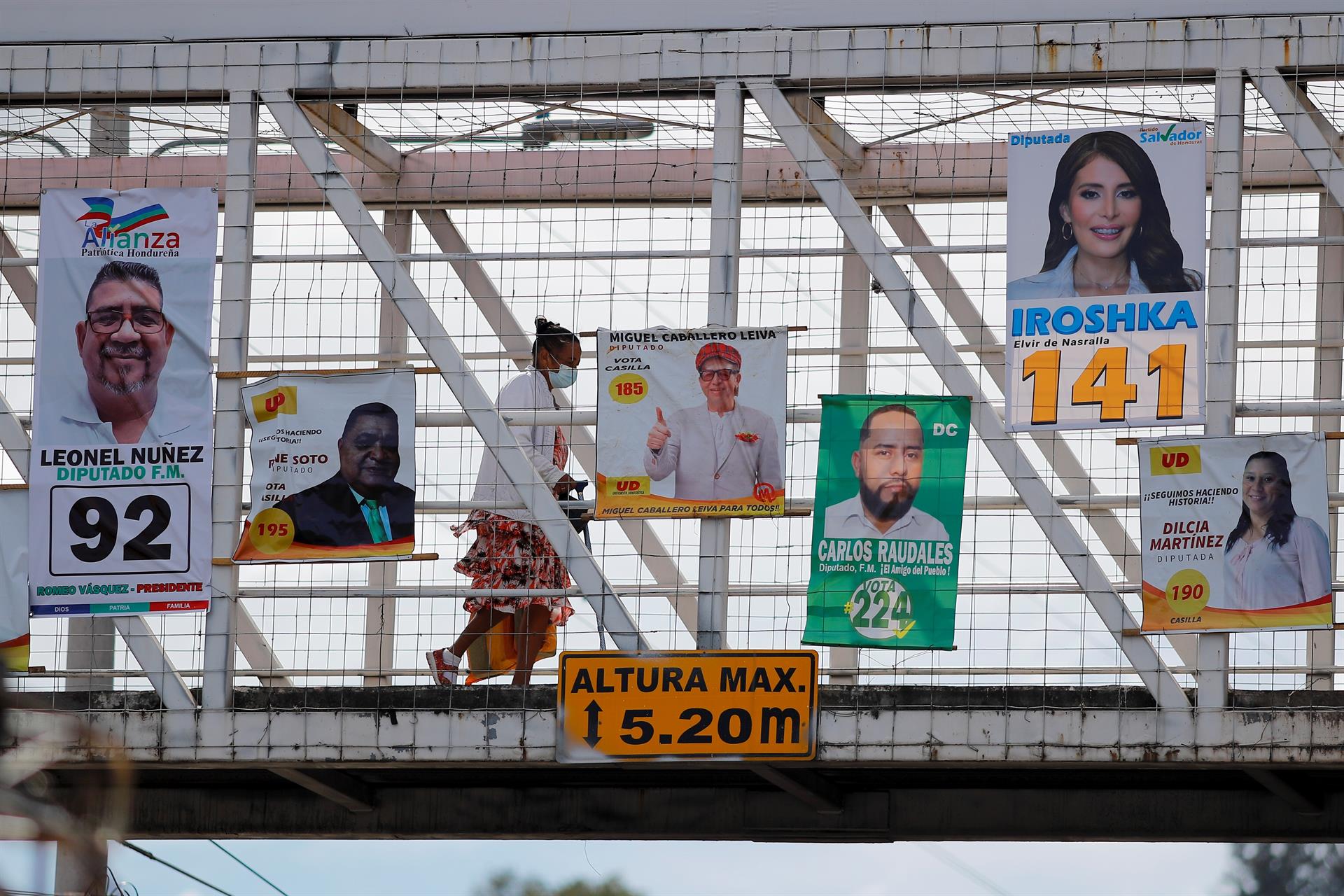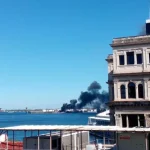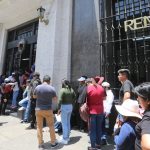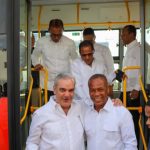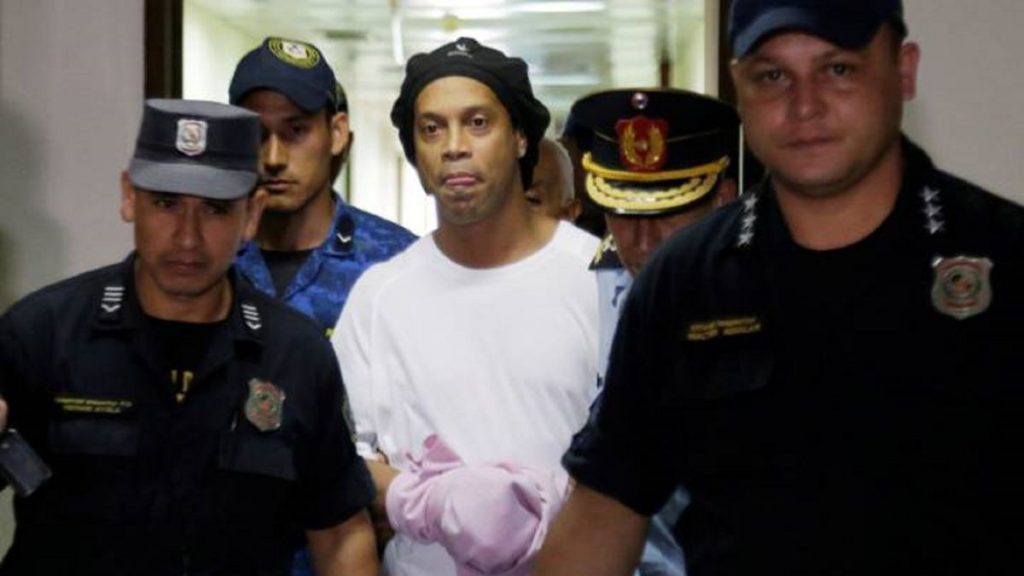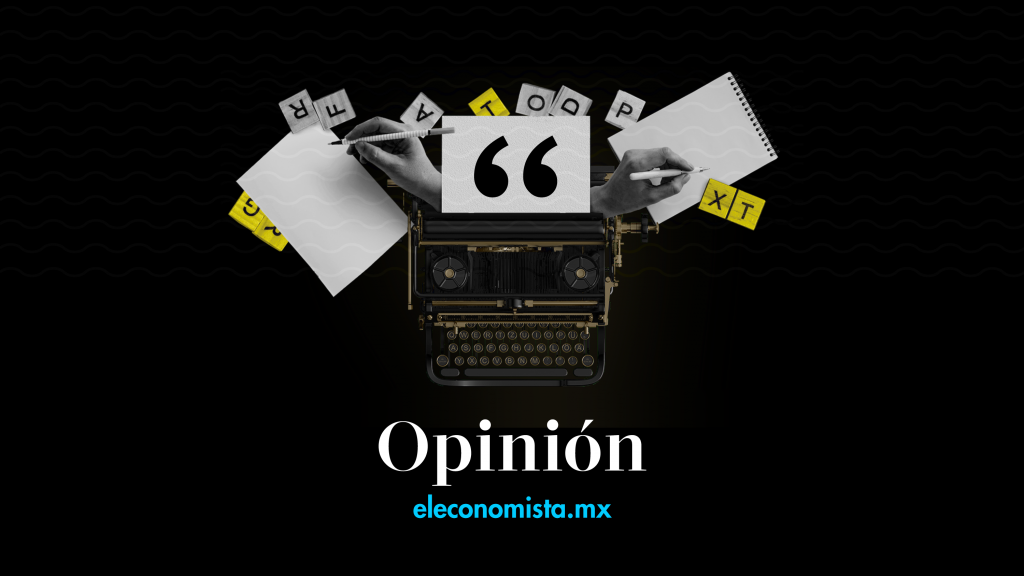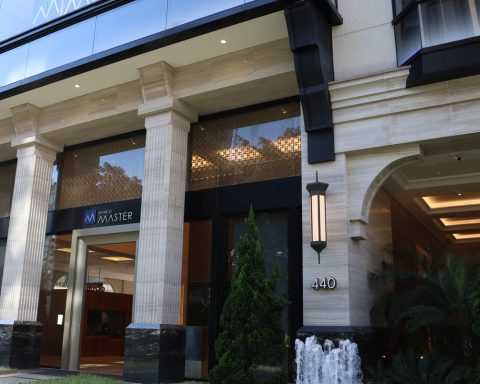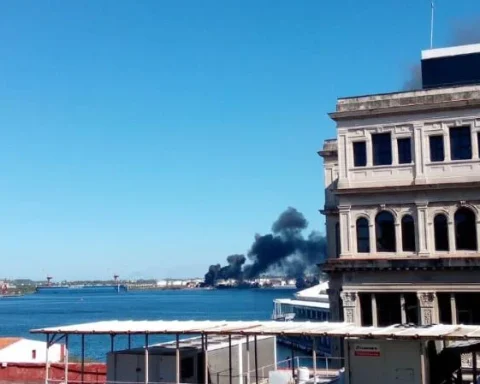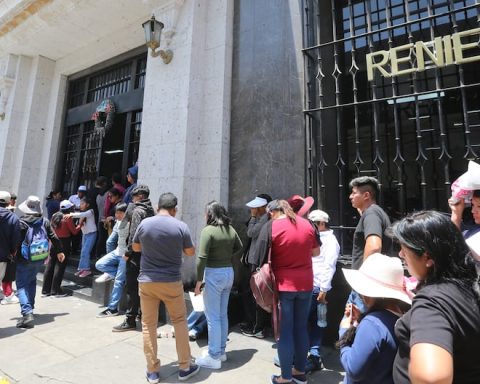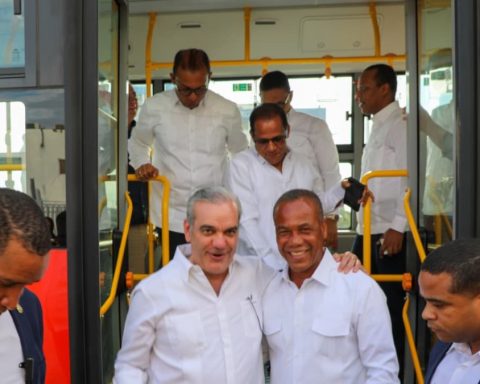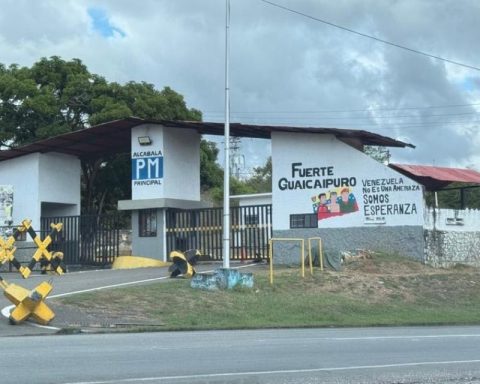The excellent relations between the outgoing Honduran president Juan Orlando Hernández (JOH) and the regime of Daniel Ortega and Rosario Murillo, place the electoral process of this November 28 in the Catracho country as a key event to determine the geopolitical balance in the connection of Honduras with the sociopolitical and human rights crisis that Nicaragua is experiencing.
The three main political forces vying for the presidency of Honduras are the National Party, the Liberal Party and the Libertad y Refundación (Free) Party, in a process that has 13 presidential candidates.
According to polling firms, it is the representatives of these three political forces who have the highest probability of achieving victory next Sunday.
Xiomara Castro de Zelaya, wife of the ousted former president Manuel Zelaya, heads the Libre party and seeks to make history by becoming the first female president of Honduras; the mayor of Tegucigalpa, Nasry Asfura, is the candidate of the ruling party and is second in the intention to vote, while Yani Rosenthal, for the Liberal party, is the third political force in the polls.
Castro de Zelaya managed to take the first position in the polls after the Free Party and the National Opposition Union of Honduras (UNOH), made up of the Salvador party of Honduras and the Innovation and Unity Party, joined forces in October to face the official candidate. of the National Party.
Castro’s husband, former President Manuel Zelaya, is a well-known figure on the Honduran left and during his tenure he was an unconditional political ally of Daniel Ortega, before he was overthrown in a coup in 2009.
“The electoral process gained momentum as a result of the union between the Refundación party of Honduras and the Salvador party of Honduras. In these elections there was no certainty as to whether the National Party or the Refundación Party won, but the Alliance between (the party) Libre and the Salvador Party of Honduras has come to send the National Party to a second place and we have seen that the reaction of the party has been very violent in its campaign, ”explained Julieta Castellanos Ruiz, a Honduran sociologist and academic who was rector of the National Autonomous University of Honduras between 2009 and 2017.
Officialism accuses its adversaries of being like Nicaragua
Precisely the reaction of the ruling party has been so desperate that even one of its main axes of the electoral campaign of the National Party has been to unearth the good relations between Manuel Zelaya and the Ortega, to precisely point out that an eventual victory of Mrs. Castro de Zelaya would lead Honduras to political and social conditions such as those experienced by Nicaragua under the yoke of the Ortega and Murillo regime.
After Zelaya was overthrown by a coup organized by the Honduran military forces and expelled from the country, he was welcomed by Ortega in Nicaragua. Zelaya then used the country as a base to initiate his political demand for reinstatement in power. This situation caused the suspension of Honduras in the Organization of American States (OAS), due to the breakdown of the democratic order. in the country.
However, that the National party used the relationship between Zelaya and Ortega as an axis of attack against the candidacy of Xiomara Castro is seen by analysts as a clear political contradiction, taking into account that JOH and Ortega maintained a cordial political alliance. that it even moved to regional diplomatic forums such as the OAS itself.
“It is a contradiction because the campaign of the National party exhibits Nicaragua, Venezuela and Cuba as leftist dictatorships, authoritarian regimes, criminal governments. People are confused, because the Government (of JOH) signs an agreement with Nicaragua, the presidents appear shaking hands, but the campaign of the National Party is quite hostile to the Nicaraguan regime, trying to say: ‘do not vote for a candidate who he resembles Ortega or a party similar to the FMLN. Do not vote for a candidate who can lead Honduras to what is Venezuela, Cuba or Nicaragua ”, explained Castellanos.
The signature that Castellanos refers to is the cross-border agreement signed by JOH and Ortega on October 27, an event for which the Honduran president visited Nicaragua.

The agreement, signed in an act that took place in the Government House, which the regime baptized as the House of the Peoples, is called: Treaty between Nicaragua and Honduras in the Caribbean Sea and waters outside the Gulf of Fonseca, and establishes the border delimitations on land and sea established by the International Court of Justice in The Hague, and would open the doors for a possible joint exploitation of the area’s resources.
Among the readings that were made of the signing of this treaty, there is the one referring to the fact that it also implied for JOH to negotiate with Ortega the possibility of Nicaragua accepting him in case of being surrounded by the investigations of the United States justice for alleged links with drug trafficking.
This refuge would be under conditions similar to those found in the country by former Salvadoran presidents Mauricio Funes and Salvador Sánchez Cerén, who also face trials in El Salvador for alleged acts of corruption.
Libre takes distance from the Nicaraguan crisis
Xiomara Castro de Zelaya has responded to the campaign of the National party by maintaining a prudent political distance from what is happening in Nicaragua, without pronouncing himself in favor or against the events that occurred in the country, mainly the votes of this November 7, in which Ortega was assigned the electoral victory in a process without political competition and transparency.
However, this has caused certain contradictory voices to be raised about the position of Castro de Zelaya and the Libre party in relation to the electoral farce in Nicaragua, even within their own political forces.
One of the main figures of this tendency is the deputy Jorge Calix, who is seeking re-election to his seat and is the current head of the Refoundation Party.
“It is deplorable to hold an electoral process with all the opponents imprisoned, that is not democracy, I criticize it here –Honduras–, so I have to criticize it in another country,” said the congressman in a statement given to Radio América de Honduras, two days ago. after the voting process in Nicaragua.
Opposition triumph would not bring radical changes with Nicaragua
However, Calix’s tendency is not the majority among the Refundación party and some analysts point out that an eventual victory for Castro would not imply a radical change of course in Tegucigalpa’s foreign policy towards Nicaragua.
“I do not believe that the relationship between Nicaragua and Honduras will be substantially modified with an eventual triumph of the opposition. The Libre party has had an overly tolerant relationship, one of discreet silence, in the face of the arbitrariness of the Sandinista regime, ”said Victor Meza, former interior minister and director of the Honduras Documentation Center (CEDOH).
In one of JOH’s last foreign policy decisions, Honduras abstained from the resolution of the General Assembly of Foreign Ministers of the OAS of November 12, in which 25 countries voted in favor of declaring that “the elections of November 7 they were not free, fair or transparent and they do not have democratic legitimacy ”, referring to the voting process in Nicaragua.
“A triumph of the opposition which could imply, rather than a radical change in position with Nicaragua, is a change in style. A change in public relations, I do believe that ”, said Meza.
“If the next votes on the Nicaraguan crisis in the OAS are given before January 27, which is the inauguration in Honduras, I don’t think there will be a change. Moreover, it is possible that Honduras will go from abstention, to rejection of conviction. But if a possible new government should see this, the vote could be modified, but depending on the new type of foreign policy that the incoming government brings, “he added.
Meza: there is no point of comparison with Nicaragua
On November 30, one day after the Honduran elections, the OAS Permanent Council is scheduled to carry out a “collective assessment” of the situation in Nicaragua, in accordance with the OAS Charter and the Inter-American Democratic Charter.
Both approaches are part of the procedures established in the Inter-American Democratic Charter for the suspension of a member state after demonstrating that the democratic order was broken in it, a process similar to that experienced by Honduras in 2009, as a result of the coup against Manuel Zelaya. .
Meza pointed out in relation to this precedent, that despite the irregularities and problems facing the Honduran electoral process a few days after its outcome, from his point of view he does not have a point of view of comparison with what happened on November 7 in Nicaragua.
“They are radically different electoral processes. While in Honduras it is almost certain that the opposition can win the elections, because the possibilities of fraud have been greatly reduced, in Nicaragua that was impossible because there is no political competition. A country that has its opponents behind bars cannot guarantee a credible and reliable electoral process that generates political legitimacy, ”Meza concluded.
